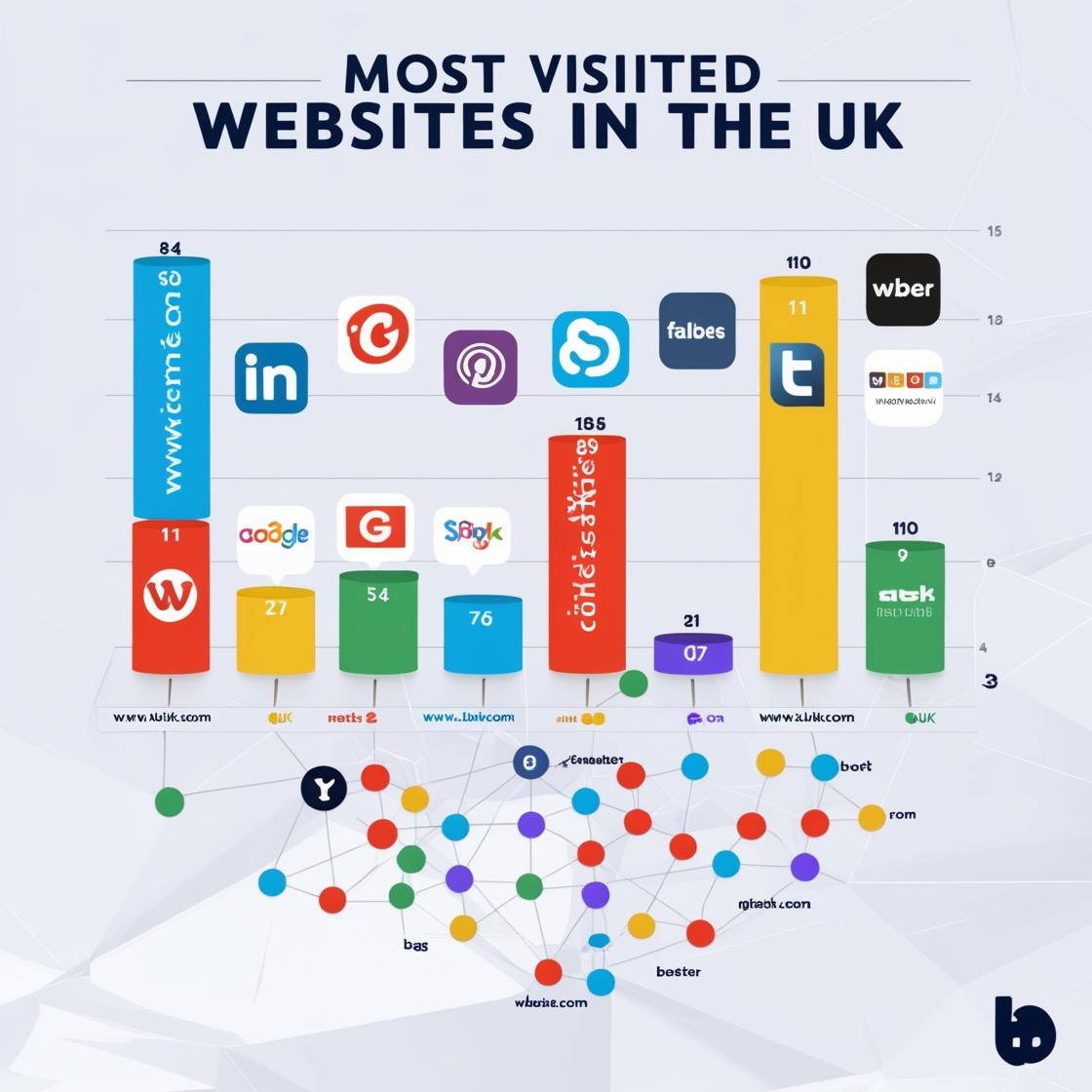browsers
9 Best Browsers in 2024
 Quest Lab Team
Quest Lab Team
In 2024, web browsing technology has reached unprecedented levels of sophistication. With most people relying on the internet for everything from work to personal research, choosing the right web browser can make a substantial difference. As the web landscape evolves, we have seen increased competition among the top browsers, each striving to offer the best features, security, and speed. This article delves into the nine best browsers of the year, exploring their features, the companies behind them, and their unique approaches to privacy, compatibility, and innovation.
1. Google Chrome - The Global Leader
Google Chrome, launched by Google in 2008, has maintained its position as the most popular web browser globally. Known for its speed, versatility, and seamless integration with Google's suite of applications, Chrome has a user-friendly design and extensive library of extensions that enhance functionality. Chrome is particularly favored by users who are deeply invested in the Google ecosystem, as it syncs effortlessly with Google Drive, Gmail, and other services.
Chrome's popularity is largely due to its robust performance and security features, such as Safe Browsing, which warns users of potentially dangerous websites. Google has also optimized Chrome to reduce memory usage, which has been a criticism in the past. In recent years, Chrome has introduced several enhancements for better user privacy, although it continues to collect data for targeted advertising.
To download Chrome, visit: [Google Chrome](https://www.google.com/chrome/)
2. Microsoft Edge - A New Era with Chromium
Microsoft Edge, which was re-launched in 2020 on the Chromium engine, has quickly gained popularity for its sleek design, enhanced performance, and seamless integration with Windows. Edge offers unique features like vertical tabs, a built-in PDF reader, and 'Collections' for organizing content, making it ideal for both personal and professional use. Edge is optimized for Microsoft 365 applications, and users can easily switch between work and personal profiles.
Edge also places a strong emphasis on privacy, providing multiple tracking prevention settings and a balanced approach to user data management. While Edge is a natural choice for Windows users, it is also available on macOS, iOS, and Android. Microsoft has also been developing AI integrations in Edge, such as the sidebar with AI-powered features, enhancing user productivity.
To download Microsoft Edge, visit: [Microsoft Edge](https://www.microsoft.com/edge)
3. Mozilla Firefox - Champion of Open Source
Mozilla Firefox, developed by the Mozilla Foundation, has a loyal user base and is renowned for its commitment to privacy and open-source development. Firefox’s Quantum engine, introduced in 2017, significantly boosted its speed and performance, bringing it closer to competitors like Chrome and Edge. Firefox remains the browser of choice for privacy-conscious users due to its Enhanced Tracking Protection, which blocks cookies and trackers by default.
Firefox's customizable interface and the vast library of add-ons make it highly adaptable for different browsing needs. Mozilla, a nonprofit organization, has built Firefox with a focus on transparency, ensuring that user data remains private. The browser is also lightweight and optimized to work well even on older devices, making it accessible to a broader audience.
To download Mozilla Firefox, visit: [Mozilla Firefox](https://www.mozilla.org/firefox)
4. Apple Safari - Best for Mac and iOS
Apple Safari, the default browser for macOS and iOS, is known for its speed, energy efficiency, and strong privacy protections. Safari is optimized for Apple devices, making it the fastest and most battery-efficient browser for Mac and iOS users. Its integration with the Apple ecosystem provides unique features like Handoff, allowing users to switch seamlessly between Apple devices.
Safari has also made strides in privacy, with features like Intelligent Tracking Prevention, which limits third-party tracking. Apple’s emphasis on user privacy is a core value, and Safari reflects this with its minimal data collection practices. The browser supports extensions on macOS, enabling users to customize their browsing experience.
To download Apple Safari, visit: [Apple Safari](https://www.apple.com/safari)
5. Opera - Built for Multitasking
Opera offers a unique set of features designed for multitasking and efficiency. Known for its sidebar with integrated messaging apps and workspace tabs, Opera is ideal for power users who need quick access to multiple tools. The browser also includes a free VPN, built-in ad blocker, and crypto wallet, making it popular among privacy-conscious users and cryptocurrency enthusiasts.
Opera’s innovative approach has attracted a growing user base, especially among those seeking a customizable and feature-rich experience. Although Opera is built on Chromium, it retains a distinctive design and user experience that sets it apart from other browsers.
To download Opera, visit: [Opera Browser](https://www.opera.com)
6. Brave - Privacy at the Core
Brave is a privacy-focused browser that blocks ads and trackers by default, providing users with a faster and more private browsing experience. Built on Chromium, Brave also offers unique features such as Brave Rewards, where users can earn cryptocurrency by opting to view privacy-respecting ads. The browser’s approach appeals to users looking for an ad-free and tracker-free experience without compromising on performance.
Brave’s mission centers around user privacy, and the browser offers advanced privacy settings that let users control the level of data they share. Brave also includes a built-in Tor mode for anonymous browsing, making it a solid choice for privacy-conscious users.
To download Brave, visit: [Brave Browser](https://brave.com)
7. Vivaldi - For Customization Enthusiasts
Vivaldi, developed by former Opera developers, is known for its extreme customizability and user-centric design. The browser allows users to tailor their experience with extensive settings for themes, layouts, and keyboard shortcuts. Vivaldi’s unique tab stacking and tiling features make it a favorite among users who value multitasking.
Although it’s built on Chromium, Vivaldi retains a distinct identity with its customizable interface and commitment to user privacy. Vivaldi doesn’t track user behavior or monetize data, making it a trustworthy choice for privacy-minded users who want a highly customizable browser.
To download Vivaldi, visit: [Vivaldi Browser](https://vivaldi.com)
8. DuckDuckGo Browser - A New Entry with Privacy in Mind
The DuckDuckGo Browser, still in its early stages, builds on the popularity of the DuckDuckGo search engine with a focus on privacy. Although limited in features compared to established browsers, it has quickly gained a following among privacy-conscious users.
To download DuckDuckGo Browser, visit: [DuckDuckGo Browser](https://duckduckgo.com/app)
9. Tor Browser - Ultimate for Anonymity
Tor Browser, built on Firefox, routes internet traffic through the Tor network to anonymize user activity. Tor is widely used by privacy advocates and those needing enhanced anonymity. However, its slow speed due to the layered encryption makes it less practical for general browsing.
To download Tor Browser, visit: [Tor Browser](https://www.torproject.org)
Conclusion
With diverse needs across browsing, each browser listed offers unique benefits tailored to specific preferences. As technology continues to evolve, these browsers adapt to offer cutting-edge features, making 2024 an exciting year for web users seeking the best in privacy, customization, and integration.

Quest Lab Writer Team
This article was made live by Quest Lab Team of writers and expertise in field of searching and exploring
rich technological content on different sites and applications with impact on the user needs and on the modern world



